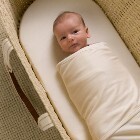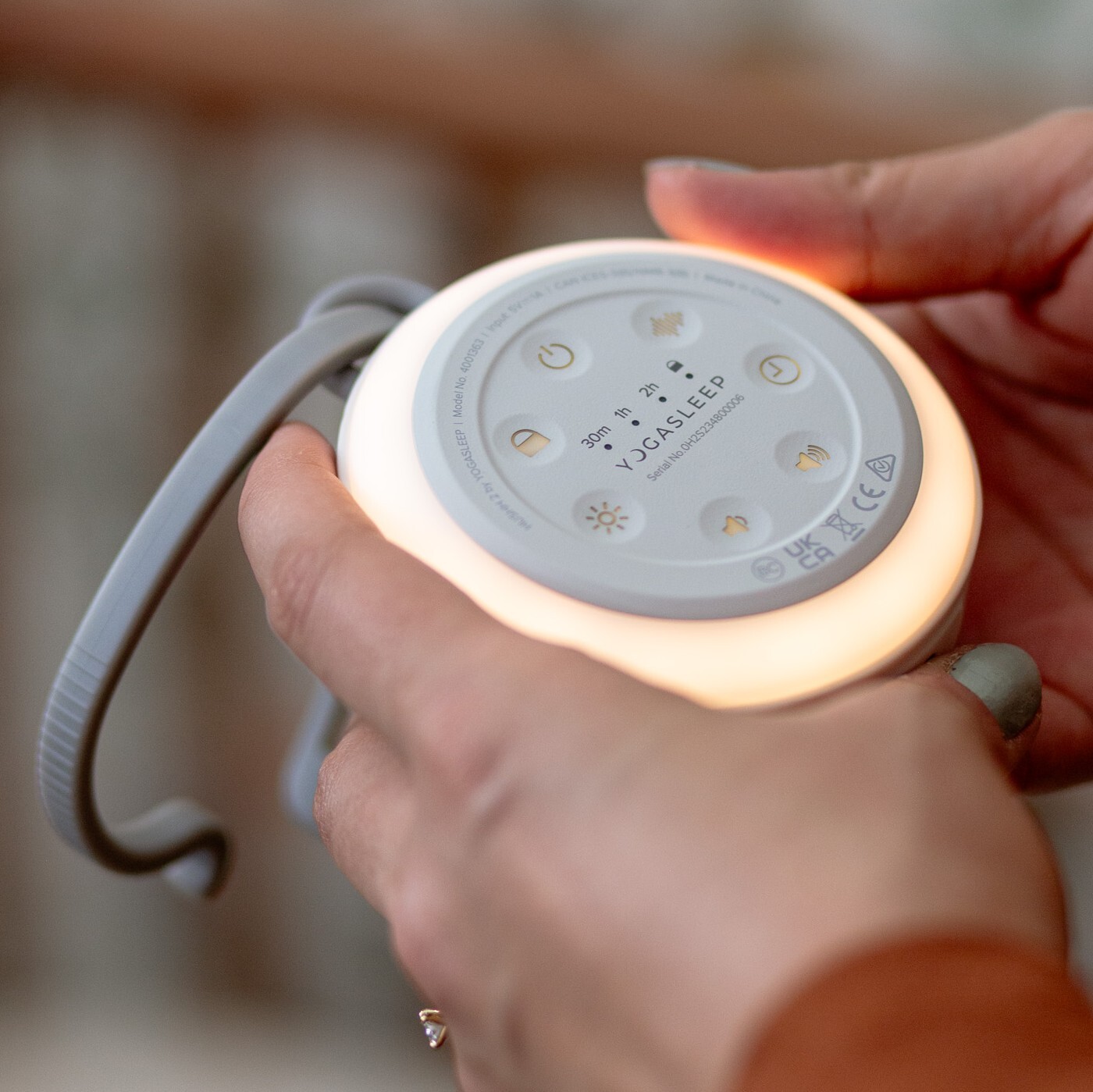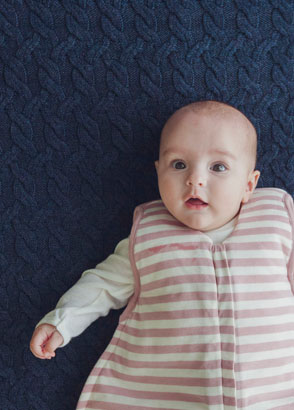There has been some media recently about possible negative benefits of teaching babies to sleep...primarily regarding infant attachment and cortisol levels.
Such media has said nothing about how continued adult sleep deprivation causes parental and post natal depression, marital stress, danger when driving, difficulties caring for children etc etc. Not to mention that sleep deprived children can suffer behavioural issues, development issues, learning difficulties and that sleep deprivation in the crucial early years can have a continued impact years later on cognitive development.
At The Sleep Store, we offer a range of sleep solutions, including detailed information on 'gentle sleep training' techniques. We recommend you are well informed about choosing a sleep training technique you are comfortable with using and have read about the issues of cortisol etc if you are concerned about that. We recommend reading a range of articles, not just those which only mention cortisol in relation to sleep training. There is a lot of information available online about the effects of cortisol and also the effects of sleep deprivation on wider health and behavioural issues.























